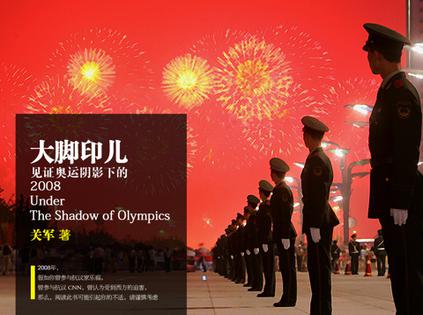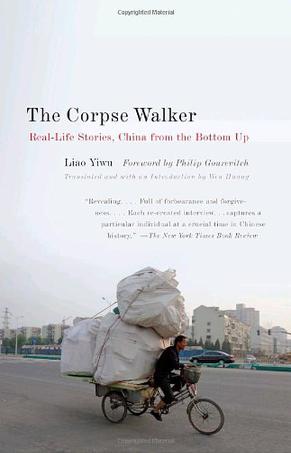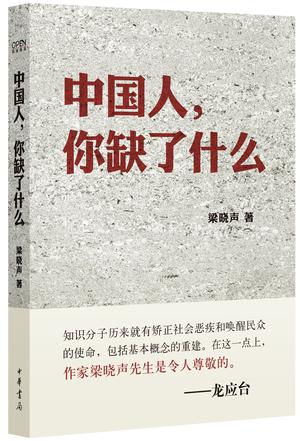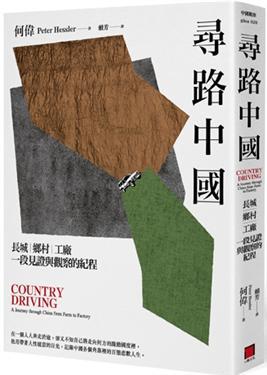Wild Grass
Ian Johnson
From The Washington Post's Book World
Reviewed by Nayan Chanda
During Chinese President Jiang Zemin's visit to France in October 1999, French President Jacques Chirac asked him why his government was so angry with a group of elderly Falun Gong members merely doing breathing exercises in neighborhood parks. In a revealing response, French officials later told me, Jiang asked Chirac how he would feel waking up in the morning to find his residence encircled by thousands of people he had not known existed.
Jiang was referring to a most unusual demonstration that had taken place earlier in the year and startled China's communist leaders. As morning broke over the Zhongnanhai leadership compound in Beijing on April 25, the country's top officials found themselves under siege by about 10,000 members of Falun Gong, sitting quietly on the pavement in the meditative lotus position. Unbeknownst to China's security services, the group had managed to materialize in the heart of Beijing to hold a silent demonstration demanding that their religion be legalized. Beijing responded by labeling it an "evil cult" and launching a crackdown that saw some 30,000 sent to prison and 77 dead while in police detention.
In Wild Grass, Ian Johnson, the Wall Street Journal correspondent who won a Pulitzer Prize for his reporting on the Falun Gong, expands on various aspects of grassroots rebellion in China, offering a gripping tale of a few very ordinary people and their extraordinary courage in fighting for their rights against the Communist Party leviathan.
In three decades of Deng Xiaoping-led economic reform, the party has relinquished control over many aspects of people's personal lives and has opened up spaces for individual freedom unimaginable under Mao. One can steer clear of politics and pursue the Dengist motto "to get rich is glorious." But as Johnson shows, beneath the surface of growing prosperity and loosening control, common people are waging a struggle to claim the greater freedom, clean government and rule of law that the party has promised but never delivers. The daily occurrence of such battles is a measure of the progress achieved since the dark days of the Great Leap Forward and the Cultural Revolution. But the fate suffered by the heroes Johnson portrays in this book also points to the long road ahead.
The book is divided into three stories of unintentional heroes. First there is Ma Wenlin, a former Red Guard and a small town schoolteacher who taught himself law in order to become a government-sanctioned legal worker. Implored by local peasants to challenge various illegal taxes and levies imposed by local officials, "Teacher Ma" took up their cause. His class-action suit seeking relief was perfectly legal, but the local court refused to accept it. When he took his case to the highest authority in Beijing, Ma was beaten so severely by police that he lost 13 teeth -- and then was sentenced to five years in prison for disrupting traffic and other crimes.
The second chapter tells the story of the demolition of old Beijing and the dispossession of 23,000 residents in the run-up to the 2008 Olympics, and of the tragic efforts of a few courageous individuals trying to protect history and architectural treasures from the bulldozers. Johnson first takes the reader through the charming old quarters of the capital marked for destruction after the expulsion of their legal occupants with pitiful compensation. Then he recounts how a bright architecture student meticulously documented the real estate deals and exposed official corruption involving an estimated $1 billion, but failed to move officialdom and finally left for America.
The third and the most poignant account involves the rise of the Falun Gong and how one member, a grandmother named Chen Zixiu, got caught up in its fervor of healthy exercise and spiritual living. Like other Chinese discouraged by the rampant materialism and corruption of modern China, she sought solace in the movement's teachings of truthfulness, compassion and tolerance. Bewildered by the government's "evil cult" pronouncement, Chen set out for Beijing to correct her leaders' wrong impression. Arrested, fined and sent back home with a warning not to associate further with the movement, Chen stuck to her principles. Within six months she was found dead in a local prison, with smashed teeth and battered legs. The authorities refused to state the cause of her death. In her battle to obtain a death certificate, Chen's apolitical daughter ended up in jail herself -- with a far better understanding of her country and the cause her mother died for.
Johnson's cloak-and-dagger quest to talk to the victims and his taut, perceptive writing make Wild Grass read in parts like a John Grisham legal thriller. Only here the good guys end up in jail, in the morgue or in self-imposed exile. Those thousands who appeared out of nowhere, near Zhongnanhai, to spook Jiang Zemin have not reappeared. If all goes well, Ma, the peasant champion, will finish serving his prison term on July 7 of this year. "Now is a time for waiting," grandma Chen's daughter told Johnson in her last interview. "China isn't ready for change."





